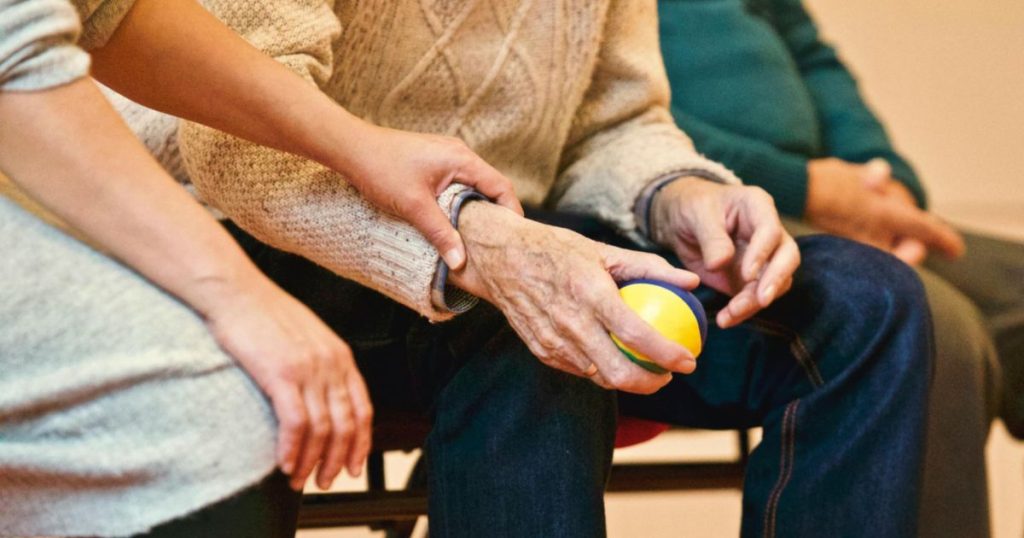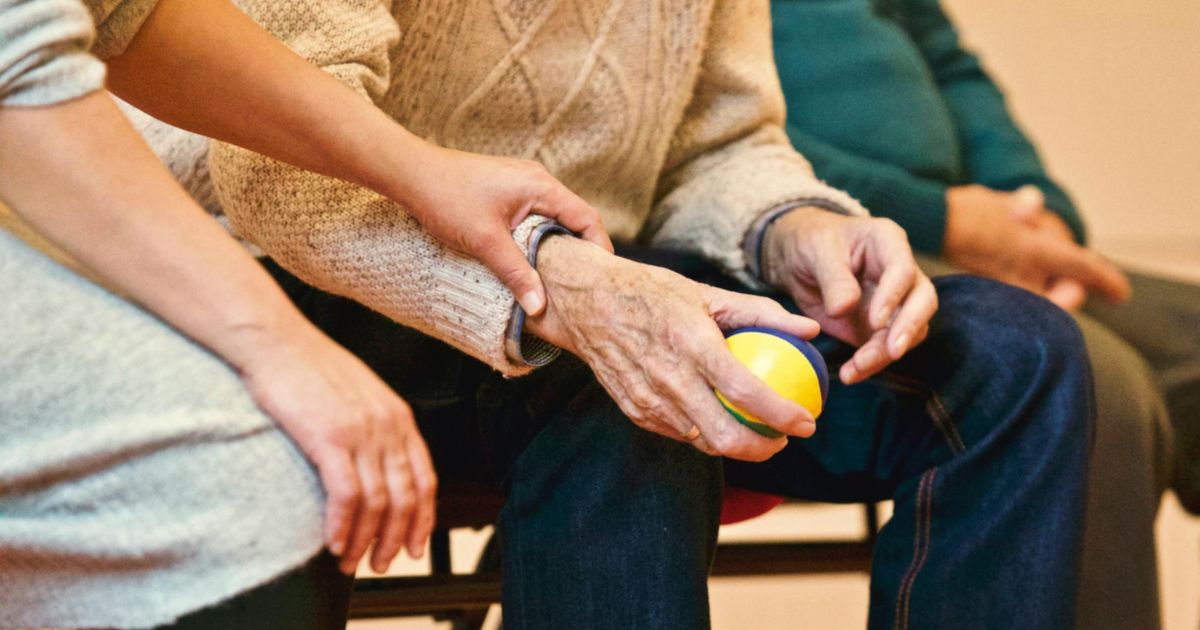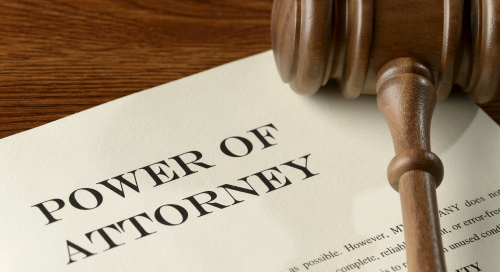Understanding Curatorship in South Africa: An overview

UNDERSTANDING CURATORSHIP IN SOUTH AFRICA: AN OVERVIEW

In South Africa’s legal framework, curatorship serves as a vital mechanism for safeguarding the interests of individuals who are incapable of managing their own affairs due for various reasons.
legislation and entwined with legal intricacies, curatorship plays a pivotal role in safeguarding the rights and assets of vulnerable individuals. This article delves into the essence of curatorship, its application and utilisation in South Africa, and the issues surrounding its implementation.
Curatorship: A Legal Framework
At its core, curatorship is a legal process that involves appointing a curator to manage the affairs of an individual who lacks the capacity to do so themselves. This inability may stem from multiple factors, such as mental illness, intellectual disability, or advanced age.
In South Africa, curatorship is primarily governed by the Administration of Estates Act 66 of 1965, the Children’s Act 38 of 2005, and the Uniform Rules of Court which provide frameworks for appointing curators and overseeing their responsibilities.
Types of Curatorship
In South Africa, curatorship takes on various forms, customised to address the unique requirements and situations of each incapacitated individual.
1. Curator Bonis:
This type of curatorship involves the managing and safeguarding of the financial resources of the incapacitated person. A curator bonis is appointed by the High Court and is entrusted with the responsibility of handling the individual’s investments, property, assets and financial transactions. Additionally, the curator bonis must maintain accurate records and reports of all such transactions made on behalf of the incapacitated person and is accountable to the Master of the High Court of South Africa. The curator bonis must file and annual report to the Master to account for the individual’s funds.
2. Curator Ad Litem:
In cases where legal proceedings involve a party who is unable to effectively represent themselves, the court might designate a curator ad litem to advocate on their behalf. This would usually be an advocate of the High Court. The curator ad litem ensures that the incapacitated individual’s interests are adequately represented and protected in legal proceedings. It’s also up to the curator ad litem to make recommendations to the court relating to guardianship, financial management, and general welfare of the incapacitated person.
3. Curator ad Personam:
In cases where an individual requires assistance with personal matters, such as healthcare decisions or daily living activities, a curator ad personam may be appointed. This curator is responsible for making decisions related to the individual’s personal welfare, social gatherings, recreational activities, meal preparation, hygiene and overall wellbeing, to name but a few. The courts are always cautious when appointing a curator ad personam due to the restrictive nature of the role for the individual concerned.
Challenges and Controversies
While curatorship serves as a vital protective measure, it is not without its challenges and controversies. One significant issue revolves around the potential for abuse of power by curators, especially in cases where there is insufficient oversight or accountability. Instances of financial exploitation or neglect of the incapacitated person underscore the need for robust safeguards and monitoring mechanisms within the curatorship system.
Furthermore, the process of appointing a curator can be complex and time-consuming, often requiring extensive legal proceedings and assessments to determine the individual’s capacity and the necessity for curatorship. Delays in appointing a curator can impede the protection of the incapacitated person’s interests and assets, potentially exposing them to harm or exploitation.
Another area of concern revolves around to the limited access to curatorship services, particularly in rural or underserved communities due to financial or other constraints. The availability of legal representation and support for incapacitated individuals and their families is crucial for ensuring equitable access to curatorship resources and upholding the principles of justice and protection for all members of society.
Conclusion
In conclusion, curatorship’s stand as a cornerstone of South Africa’s legal framework for protecting the rights and assets of individuals who are unable to manage their affairs independently.
Despite its importance, there are still various challenges and controversies, ranging from concerns about misuse of power to issues of accessibility and efficiency. Addressing these challenges requires a comprehensive thoughtfully devised strategy, encompassing legislative reforms, enhanced oversight mechanisms, and efforts to improve access to curatorship services for all members of society. By continuously improving and strengthening the curatorship system, South Africa can fulfil its pledge to protect the rights and dignity of its most vulnerable citizens.
The above article outlines the framework of the appointment of curators in South Africa. If you know of an individual who is in need of the assistance of a curator or wishes to be released from curatorship, or if you require more information please contact Rifqah Omar on romar@bissets.com or via the relevant contact details below.
Written by: Rufus Dercksen – Candidate Attorney
This article is a general information sheet and should not be used or relied on as legal or other professional advice. No liability can be accepted for any errors or omissions nor for any loss or damage arising from reliance upon any information herein. Always contact your legal adviser for specific and detailed advice. Errors and omissions excepted (E & OE).
Switchboard: 021-441 9800
Website: www.bissets.com
Bissets Whatsapp: 072 370 0416 – our Client Liaison, Tracy, will put you in contact with the relevant professionals


